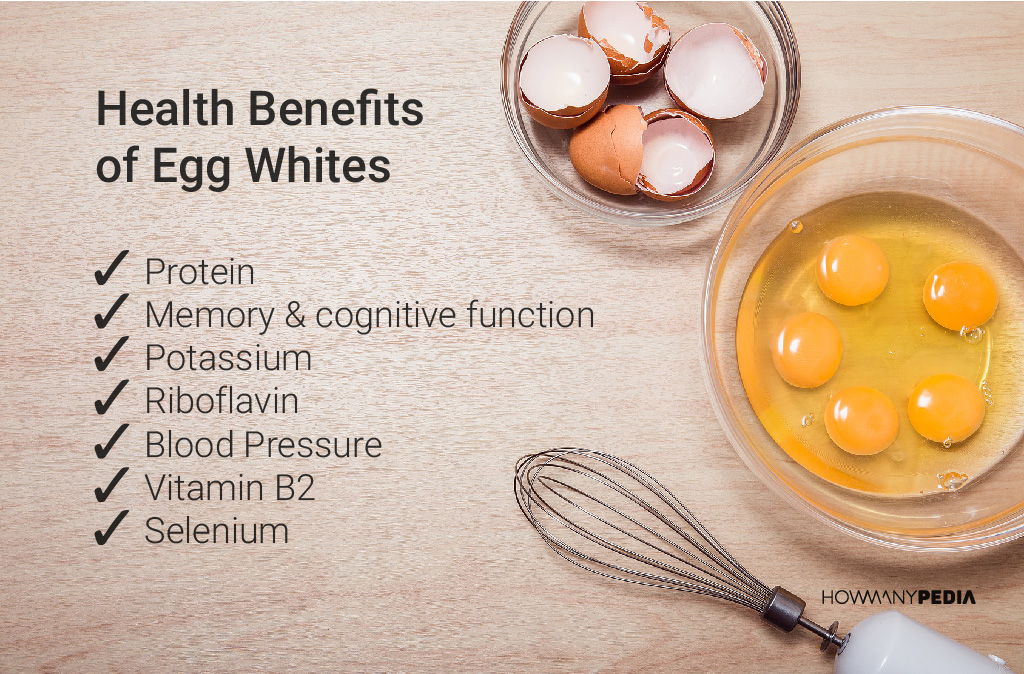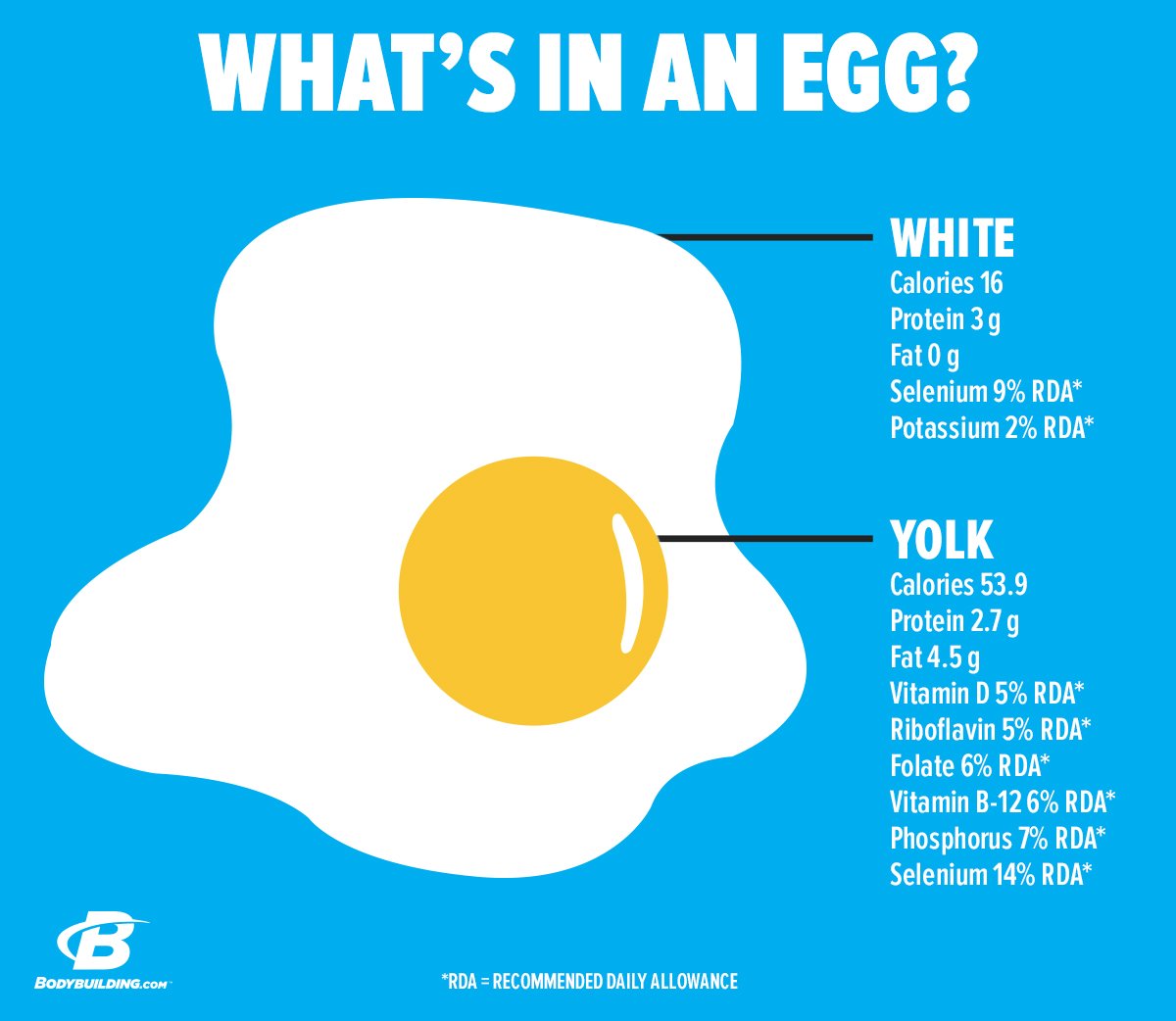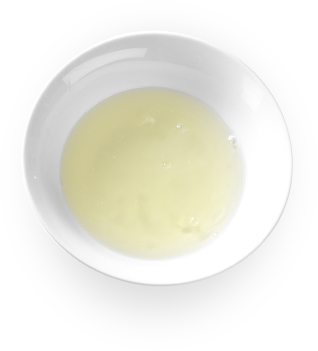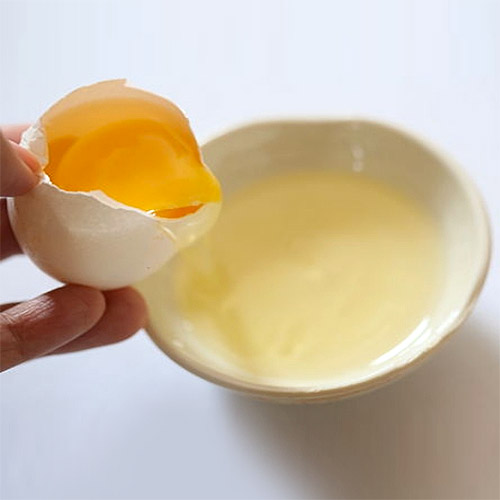Fat Content Egg
In regards to fat content of eggs, a typical serve (two large eggs) will provide a total fat intake of approximately 10.3g, which is 15 per cent of your RDI. Of that total fat, 3.4g is saturated

/about/468941375-56a5c4253df78cf77289d448.jpg)

Egg whites can be used in a variety of ways to help complement your diet and provide a healthy, fat-free source of protein. At the same time, they are low in calories, helping you manage your weight. Because protein helps you feel more full, egg whites can help you curb your cravings later in the day.
Dec 11, 2017 · Eggs may have a bad reputation for their fat and cholesterol content, but not all of the fats in eggs are "bad." Eggs provide heart-healthy monounsaturated and polyunsaturated fats, also known as MUFAs and PUFAs.
Most of the fat in eggs is the unsaturated variety, which does not lead to cardiovascular disease like some saturated fats do. And despite the high fat content, eating eggs in moderation can support a healthy diet even in those with coronary heart disease.
How can the answer be improved?

Eggs have gotten a bad rap in the past — mainly for their cholesterol content — but they can be part of a healthy, low-fat diet when eaten in moderation. Cholesterol Connection Eggs have been denounced because of their high cholesterol content.



One egg yolk has around 55 calories, 4.5 grams of total fat and 1.6 grams of saturated fat, 210 mg of cholesterol, 8 mg of sodium, and 2.7 grams of protein. The table below by the USDA compares the nutrients of the egg white versus the egg yolk, along with a comparison of the percentage of total nutrition found in the yolk and white.

Egg yolk is thick yellow fluid and contains all the fat and cholesterol in the egg. The fat and cholesterol content in egg also varies depending on the preparation and form it is consumed. Table: Fat and cholesterol content in egg (g/ 100 gram edible food portion).

There are 74 calories in 1 large Egg. Get full nutrition facts and other common serving sizes of Egg including 1 oz and 1 small.

There are 74 calories in 1 large Egg. Get full nutrition facts and other common serving sizes of Egg including 1 oz and 1 small.